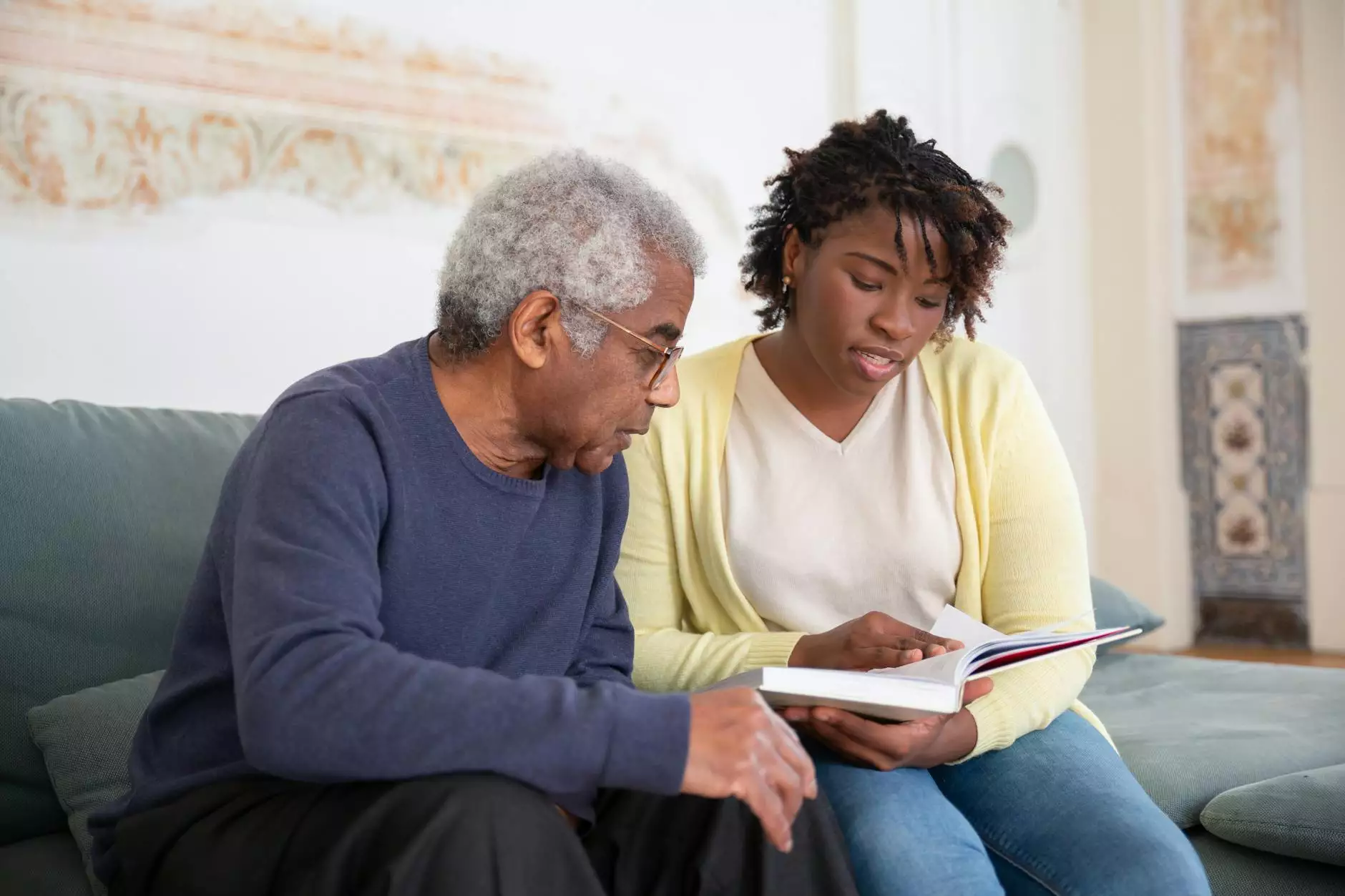How To Talk To Someone About Their Substance Use

Introduction
Welcome to Alison K Bowles, Ma, Lmhc, your trusted resource for mental health and substance abuse guidance. If you're seeking effective strategies on how to talk to someone about their substance use, you've come to the right place. Dealing with a loved one's substance abuse can be challenging, but with the right approach, understanding, and support, you can make a positive impact on their journey towards recovery.
Understanding Substance Use
Before diving into the conversation, it's important to educate yourself about substance use and addiction. Substance abuse is a complex issue, often involving physical, psychological, and social factors. By familiarizing yourself with the nature of addiction, you'll be better equipped to empathize and support your loved one.
Recognizing Signs of Substance Use
Substance use can manifest in various ways, and it's crucial to recognize the signs early on. Look out for changes in behavior, physical appearance, or mood swings that are out of character for your loved one. Some common signs include:
- Unexplained financial difficulties
- Neglected responsibilities and obligations
- Withdrawal from social activities
- Drastic changes in physical appearance
- Increase in secrecy or lying
Preparing for the Conversation
Approaching the conversation with care and preparation is vital. Here are some key tips to keep in mind:
1. Choose the Right Time and Place
Select a comfortable and private setting where you can have an open and uninterrupted conversation. Avoid confrontational environments and choose a time when both of you are relaxed.
2. Use Non-Judgmental Language
Refrain from using accusatory or judgmental words that may escalate tensions. Approach your loved one with empathy and compassion, expressing your concern about their well-being.
3. Express Your Observations and Concerns
Share specific instances that have raised concerns about your loved one's substance use. Focus on their behaviors and how it has affected their life and relationships.
4. Offer Support and Treatment Options
Let your loved one know that you are there to support them in their journey towards recovery. Research local treatment resources and be prepared to offer options that can help them seek professional help.
During the Conversation
Once you've initiated the conversation, it's essential to maintain open lines of communication and to listen actively. Here are a few additional tips:
1. Validate Their Feelings
Begin by acknowledging and validating your loved one's emotions. Let them know that you understand their struggles and are there to help them navigate through it.
2. Avoid Enabling Behaviors
While it's important to offer support, it's equally crucial to avoid enabling your loved one's substance use. Set clear boundaries and communicate them effectively.
3. Encourage Professional Help
Suggest the involvement of a mental health professional or a substance abuse counselor. Professional guidance can provide the necessary expertise to address the underlying issues and create an effective treatment plan.
After the Conversation
Following the initial discussion, it's crucial to continue supporting your loved one and monitoring their progress. Here's what you can do:
1. Be Patient and Understanding
Recovery is a journey, and setbacks may occur. Be patient and offer understanding throughout the process. Celebrate small victories and provide encouragement during challenging times.
2. Engage in Self-Care
Caring for a loved one with substance use issues can be emotionally and physically draining. Remember to prioritize your own well-being by engaging in self-care activities and seeking support from professionals or support groups.
3. Stay Informed
Continue educating yourself about substance use and recovery. Stay informed about resources, treatment options, and local support groups that can further assist both you and your loved one.
Find Expert Guidance at Alison K Bowles, Ma, Lmhc
At Alison K Bowles, Ma, Lmhc, we understand the challenges associated with talking to someone about their substance use. Our team of experienced mental health professionals specializes in providing guidance and support to individuals and families dealing with substance abuse. Contact us today to schedule a confidential consultation and take the first step towards healing and recovery.










